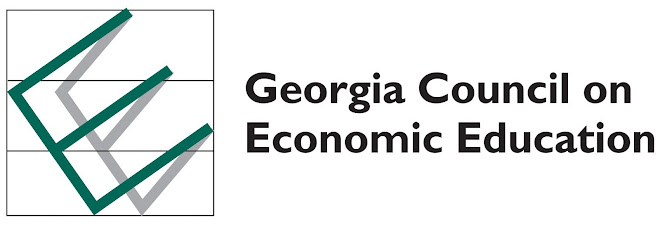 I highly recommend this read by the political commentator Kevin Phillips. The following quote from Amazon summarizes the thrust of this work:
I highly recommend this read by the political commentator Kevin Phillips. The following quote from Amazon summarizes the thrust of this work:"In Bad Money, Phillips describes the consequences of our misguided economic policies, our mounting debt, our collapsing housing market, our threatened oil, and the end of American domination of world markets. America’s current challenges (and failures) run striking parallels to the decline of previous leading world economic powers—especially the Dutch and British. Global overreach, worn-out politics, excessive debt, and exhausted energy regimes are all chilling signals that the United States is crumbling as the world superpower.
“Bad money” refers to a new phenomenon in wayward megafinance—the emergence of a U.S. economy that is globally dependent and dominated by hubris-driven financial services. Also “bad” are the risk miscalculations and strategic abuses of new multitrillion-dollar products such as asset-backed securities and the lure of buccaneering vehicles like hedge funds. Finally, the U.S. dollar has been turned into bad money as it has weakened and become vulnerable to the world’s other currencies. In all these ways, “bad” finance has failed the American people and pointed U.S. capitalism toward a global crisis."
I found the chapters on the peak oil arguments and securitization to be chilling. You will want to share many of his insights with your students. I have my students read Freakonomics for their summer reading because they all read it cover to cover and the discussion generated is electrifying. ( I believe that I will be adding Super Freakonomics as assigned reading.) However, Bad Money could be a fitting addition to any student reading list.
-Amy Hennessy
